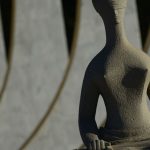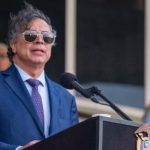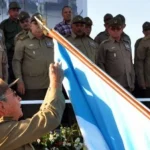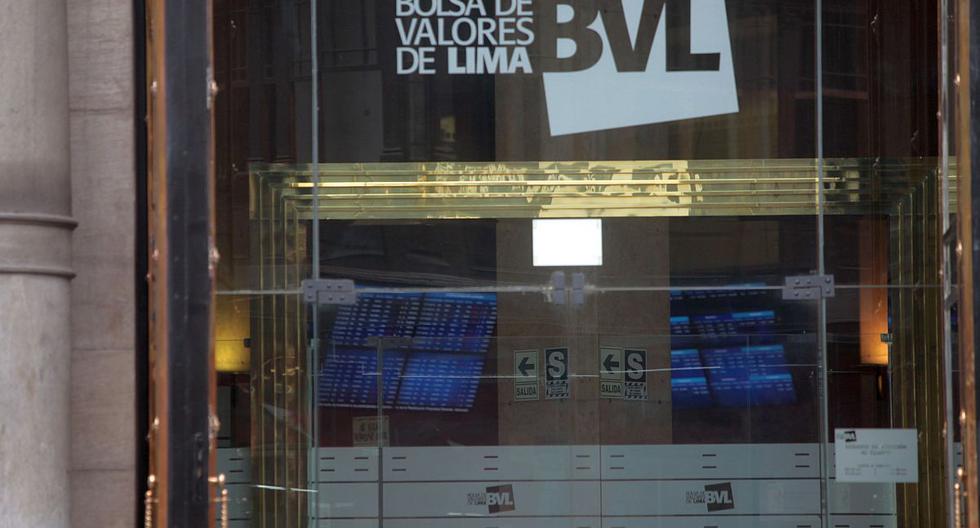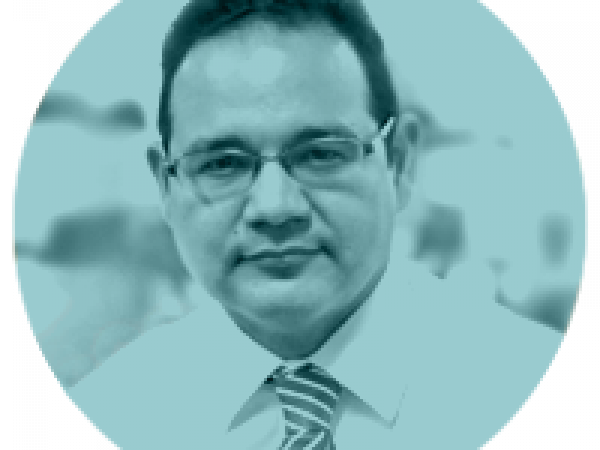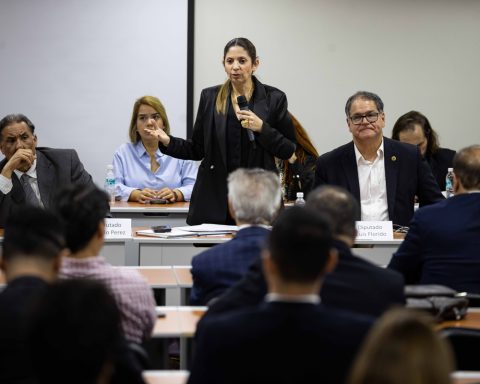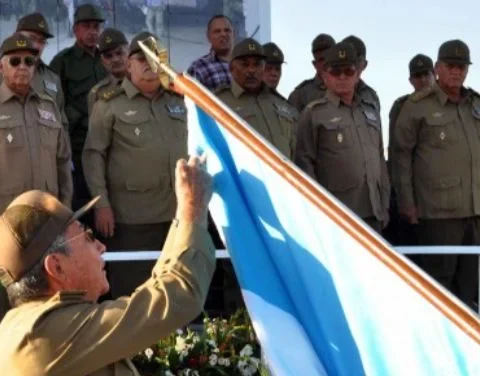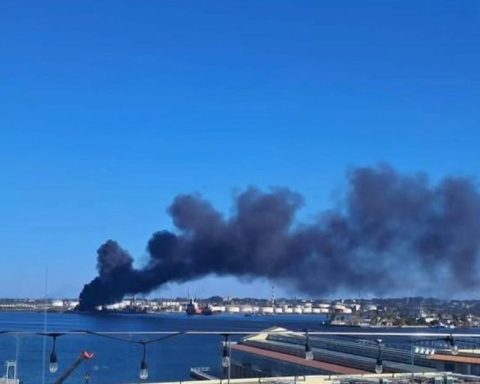Bridgetown, Barbados | AFP | Queen Elizabeth II will lose a new jewel in her crown with the swearing in on Monday night of the first female president in Barbados history, making the tiny island the youngest republic in the world.
Already independent from the United Kingdom since 1966, Barbados will celebrate its transition from monarchy to republican rule after some four centuries of subjection to the British sovereign.
The island known for its paradisiacal beaches, its rum, and for being the birthplace of world superstar Rihanna, will have as head of state another woman, Sandra Mason, until now the country’s governor general, after her election on October 21.
His official inauguration in office will be at midnight in the capital, Bridgetown. The queen’s banner will be withdrawn and the president-elect will be sworn in before the highest magistrate in the country. Then the presidential flag will be raised.
Invited for the occasion, Prince Charles, heir to the crown, will join the celebrations, as will Rihanna.
The coronavirus curfew has been temporarily lifted to allow Barbadians to enjoy the holidays. Fireworks are planned, particularly when the transition has been completed.
However, the official ceremony is not open to the public and authorities have advised residents not to leave their homes unless absolutely necessary. In Bridgetown, a few hours before the start of the ceremony, many said they were excluded from the celebrations.
“I’m not very excited about Barbados becoming a republic, simply because people don’t really really know that we are becoming a republic,” says Ian Trotman, a 58-year-old textile manufacturer who missed an information campaign for the habitants.
Barbados will remain a member of the Commonwealth organization, as British Prime Minister Boris Johnson noted in a statement on Monday.
“We will remain staunch friends and allies, drawing on the enduring affinities and connections between our peoples and the special bond of the Commonwealth,” Johnson wrote.
– The new president –
Sandra Mason was the first woman admitted to the Barbados Bar Association. Her career began as a teacher, secretary, and then a lawyer, eventually becoming governor general, or representative to the queen, in 2018.
As president, Mason will hold the highest office in the country and his powers will no longer be in the hands of the monarch. But her duties will be largely ceremonial, in most cases requiring the joint signature of the prime minister.
Born in the working-class district of St. Philip, Mason, now 72, credits the Barbados public education system for her stellar achievements.
“Education in Barbados is free,” he stressed. “You can achieve whatever you want, and because of that, I felt it was my responsibility (…) to give something back.”
In 1973, she obtained a law degree from the University of the West Indies (UWI), the only public university in the country, and was inducted into the bar in 1975 as a practicing lawyer. In 1997, she became a Clerk of the Supreme Court.
In 2020, Mason delivered the Prime Minister’s annual “Throne Speech,” declaring that the time had come to “completely leave our colonial past behind.”
“Barbadians want a Barbadian head of state (…) This is the ultimate statement of confidence in who we are and what we are capable of achieving,” said Prime Minister Mia Mottley’s text.
Among his political passions is the dream of a Caribbean version of the European Union. “I am a fan of the Caribbean. I believe in regional integration, I think it is something that has to be achieved,” Mason said.
– More urgent problems –
However, several voices in Barbados criticized Mottley summoning Prince Charles – heir to the British crown – as the guest of honor at Mason’s inauguration, and granting him the Barbados Order of Freedom, the highest national honor. .
“The British royal family is a source of exploitation in this region and, so far, they have not offered a formal apology or any kind of reparation for the damages suffered,” said Kristina Hinds, professor of international relations at the University of the West Indies. in Barbados. “I don’t see how anyone in the family can receive this award.”
For some activists like Firhaana Bulbulia, founder of the Muslim Association of Barbados, British colonialism and slavery are responsible for the modern inequality of the island.
“Economic inequality, the ability to own land and even access to bank loans have a lot to do with the structures built after British rule,” says 26-year-old Bulbulia.
Some residents point to the most urgent problems on the island, including the economic crisis caused by the Covid-19 pandemic, which has highlighted the country’s dependence on tourism, especially from the United Kingdom.
Before the virus emerged, more than a million people visited the island of 287,000 people each year.
Unemployment is almost 16%, 9% more than in previous years, despite the increase in government loans to finance public sector works and create jobs.

